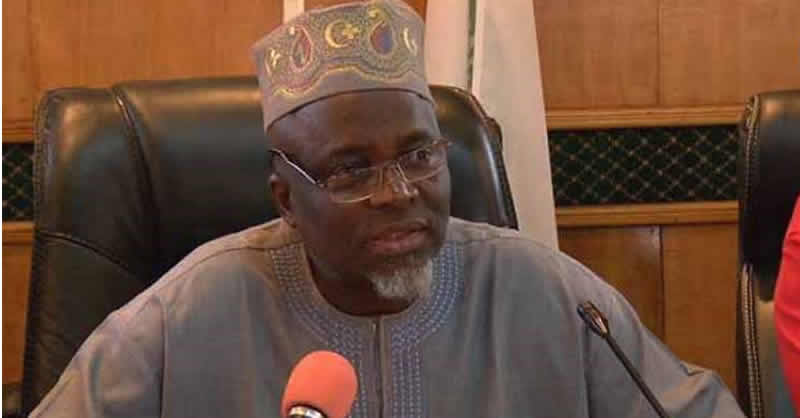The Registrar of the Joint Admissions and Matriculation Board, Prof. Ishaq Oloyede, characterized Nigerians as religious individuals, although not necessarily displaying godly behavior.
He pointed out that many Nigerians tend to avoid hard work and rely solely on prayers, mistakenly believing that religious devotion guarantees success. Oloyede urged Nigerians to utilize the abundant resources within the country to improve its situation.
During a lecture titled “Duties of Muslim Citizens in National Development,” delivered on Saturday in Ikole Ekiti, Ekiti State, at the First Aare Sulaiman Afolabi Ogunlayi Ramadan Lecture organized by House of Representatives member Akin Rotimi, the JAMB Registrar emphasized the need for Nigerians to tap into the country’s agricultural potential. He highlighted Nigeria’s vast arable land, ample water resources, and diverse climate suitable for various crops across different regions.
Oloyede, who was represented by the Provost, Federal College of Education, Iwo, Osun State, Prof. Rafiu Adebayo, said, “Religion if used as it is, we can solve our problems.
“We are too religious and we are not that godly. We are in love with prayer but we don’t know the difference between prayer and hard work.
“Too many prayers without work is part of our problems in Nigeria. Let us make the best use of our endowments.”
Oloyede, while noting the South-West’s endowment with and the North with groundnut pyramid, said it was lamentable that “Nigeria abandoned our endowments and relied on oil as a source of income after the discovery of oil.”
The don, however, said religion had had a positive impact on the nation’s socio-economic development.
He said, “It is until we unite and bury ethnic bitterness, that is when we will get it right. Religion would have solved our problems properly but we did not utilise it very well,” he asserted.
The legislator urged political figures nationwide to recognize and celebrate patriotic citizens during their lifetime.
In his reaction, the honouree, Ogunlayi, praised the lawmaker for the gesture, saying, “In most cases, people are recognised only when they are no more, but we thank God that this recognition is coming when I’m still alive.”



